What Are the Possible Treatment Methods to Try Before IVF?
Are you struggling to conceive and wondering what options are available before considering In Vitro Fertilization? While the IVF process is an effective fertility treatment, it’s rarely the first step on the path to parenthood. Understandably, the urgency to conceive can make IVF seem like the quickest route, but this process can be physically, emotionally, and financially demanding.
The good news? There are several treatment methods and lifestyle changes that may help improve your chances of conceiving naturally or with less invasive interventions. From nutrition and stress management to fertility medications and timed intercourse, many couples find success with alternatives before ever needing to consider IVF. In this blog, we’ll learn what are the most common and effective infertility treatments to try before you go for an IVF, giving you a fuller picture of your fertility options.
■ Ovarian Stimulation Medications
In the case of female fertility issues, ovarian stimulation through medication is an effective measure because, most of the time, the main reason why women have a hard time conceiving is because of hormone imbalances throughout the reproductive system. These hormonal imbalances and ovulation disorders interfere with conception, making it difficult for women to get pregnant. PCOS, endometriosis, fibroids, and Pelvic inflammatory diseases can result in malfunction of the reproductive system and correcting the menstrual cycle with an active ovulation can lead to successful conception.
The ovarian stimulation medication works to correct hormonal disturbances by regulating the monthly cycle and optimising the chances of a successful conception. With these medications, ovarian follicles start to mature normally and release eggs during ovulation. There are also quite a few alternative medications that would act as effective infertility treatments before IVF and aid in preparing the uterine lining for embryo implantation.
Since female fertility issues account for a third of all infertility cases among men and women, by using controlled ovarian hyperstimulation medications, such as various gonadotropins as prescribed, women can bring regularity and predictability to their cycles without depending on advanced procedures for help.
■ Intrauterine Insemination
Intrauterine Insemination is a less invasive and more affordable alternative infertility treatment before IVF that many couples consider as an initial infertility treatment—especially in cases involving male factor infertility.
IUI is a low-complexity procedure in which sperm is directly inserted into the uterus to increase the chances of fertilisation. It is often recommended for couples where the female partner is fertile and the male partner has a low sperm count or poor motility.
The procedure involves collecting a concentrated sample of healthy sperm and injecting it into the uterus using a thin, flexible catheter. This is typically done around the time of ovulation, which is carefully monitored through bloodwork and hormonal medications to ensure optimal timing.
IUI treatments are usually scheduled at 12 and 36 hours after ovulation is triggered. The process is straightforward, minimally invasive, and has a promising success rate, especially for couples undergoing their first few cycles. As such, IUI is considered a favourable step before moving on to more intensive treatments like IVF.
■ Laparoscopy
After receiving an assessment from a fertility specialist, female partners who discover that certain growths or adhesions are preventing pregnancy may consider laparoscopy as a viable treatment before IVF. Laparoscopic surgery is a minimally invasive procedure that can increase the chances of conception without the need for more complex surgical interventions.
The procedure involves inserting a narrow fibre-optic scope through a small incision near the navel. Once inside, the device allows the surgeon to thoroughly examine the reproductive organs and detect the presence of cysts, fibroids, adhesions, or other abnormalities. Based on these findings, doctors can then recommend appropriate treatments to address the identified issues.
Recovery from laparoscopy is typically quick, with most women able to resume their regular routines within a few days. The procedure leaves only minor scarring, making it a less intrusive yet effective diagnostic and therapeutic option.
As a pre-IVF treatment, laparoscopy offers insight into underlying fertility issues, helping couples make informed decisions. This helps avoid unnecessary treatments and ensures that the chosen path aligns with the couple’s specific reproductive health needs.
■ Acupuncture
Today, many infertility doctors are recommending acupuncture to their patients undergoing infertility treatment before IVF. Acupuncture is an ancient Chinese medical treatment that involves the insertion of fine yet painless needles into the body to stimulate specific areas known as energy points that aid in regulating the physical, spiritual, mental and emotional aspects of the body and are effective in the treatment of many health conditions, including reproductive dysfunctionality. Consulting a trained acupuncturist will help treat an infertility patient by placing the needles in the energy points linked to the reproductive organs.
This procedure stimulates and moves Qi, the body’s life energy, allowing it to flow easily and unobstructed throughout the body. Since acupuncture is helpful in promoting natural healing by improving circulation, reducing stress, and restoring balance to the body, it leads to an increased production of endorphins, which play a role in regulating the menstrual cycle. It also improves blood flow to the uterus and ovaries, thus improving their function and aiding as a considerable alternative treatment before IVF.
When to Consider IVF Treatment?
In vitro fertilisation is one of the most advanced and effective infertility treatments currently available. While the IVF process can offer hope to many couples struggling to conceive, IVF is usually recommended after all other methods prove to be fruitless. Here are some indications for IVF treatment:
1. Prolonged Difficulty Conceiving
If a couple has been trying to conceive for over a year without any success or six months for women over 35, it may be time to consult a fertility specialist. After diagnostic evaluations, IVF may be suggested if other treatments, such as ovulation induction or intrauterine insemination, have not been successful.
2. Blocked or Damaged Fallopian Tubes
When the fallopian tubes are blocked, damaged, or absent, the egg and sperm cannot meet naturally. IVF bypasses the fallopian tubes altogether, making it a highly effective option in such cases.
3. Severe Male Factor Infertility
Men with a low sperm count, poor motility, or abnormal morphology may not be able to fertilise an egg naturally. IVF combined with intracytoplasmic sperm injection, where a single sperm is injected directly into the egg, can overcome many male fertility issues.
4. Endometriosis
Moderate to severe endometriosis can interfere with the function of the ovaries, fallopian tubes, and uterus. If other treatments haven't worked, IVF can help improve your chances of successful fertilisation and implantation.
5. Unexplained Infertility
Sometimes, couples face infertility without a clear medical cause. If basic fertility treatments fail, IVF can serve as both a diagnostic tool and a potential solution.
6. Advanced Maternal Age
Fertility naturally declines with age, especially after 35. IVF offers older women the chance to conceive by using their own eggs, donor eggs, or embryos, depending on the circumstances.
Why Get Fertility Treatments in India?
India has to date become one of the best places for getting fertility treatments, attracting patients from around the world. With a combination of advanced medical technology, highly experienced specialists, and affordable care, India is a compelling choice for couples seeking fertility treatment.
1. World-Class Fertility Treatments
India is home to internationally trained fertility specialists, embryologists, and gynaecologists who bring years of clinical experience and a high level of precision to their work. The clinics with CureIndia follow global standards and protocols for quality care and successful outcomes.
2. Advanced Technology and Treatment Options
Fertility centers in India are equipped with state-of-the-art laboratories and offer a wide range of advanced treatment options, including IVF treatment, Intracytoplasmic Sperm Injections, preimplantation genetic testing, egg and sperm donation, surrogacy services and Cryopreservation. These technologies here are on par with or even exceed international standards.
3. Affordability Without Compromising Quality
One of the best advantages of seeking fertility treatment in India is cost-effectiveness. Compared to countries like the US, UK, or Australia, the IVF cost in India are often 60–80% more affordable, without sacrificing quality or IVF success rates.
4. Comprehensive Care and Support
From initial consultation to post-treatment support, CureIndia, the leading medical tourism company in India, provides end-to-end care. We offer in-house diagnostic labs, counselling services, nutritional guidance, and emotional support for all our patients—all under one roof.









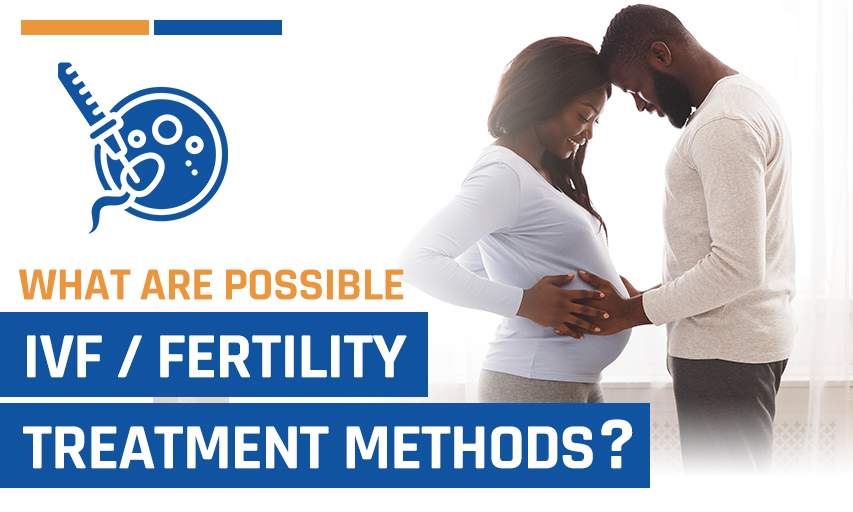



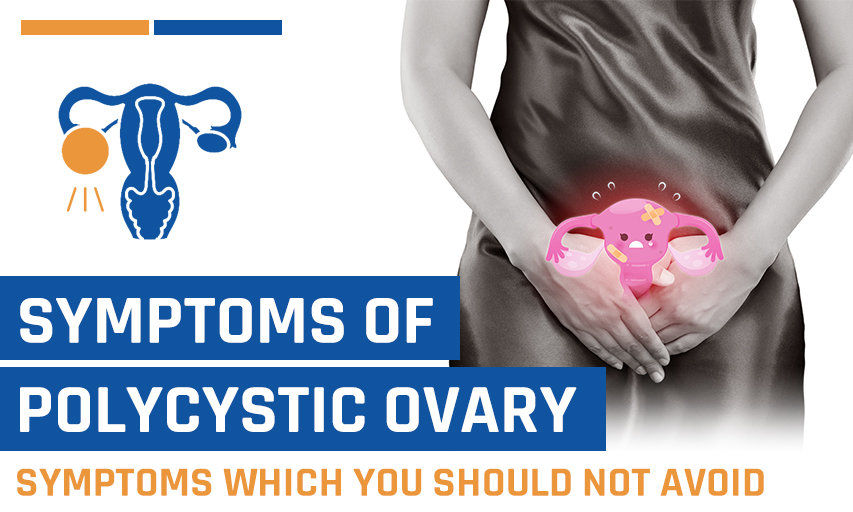
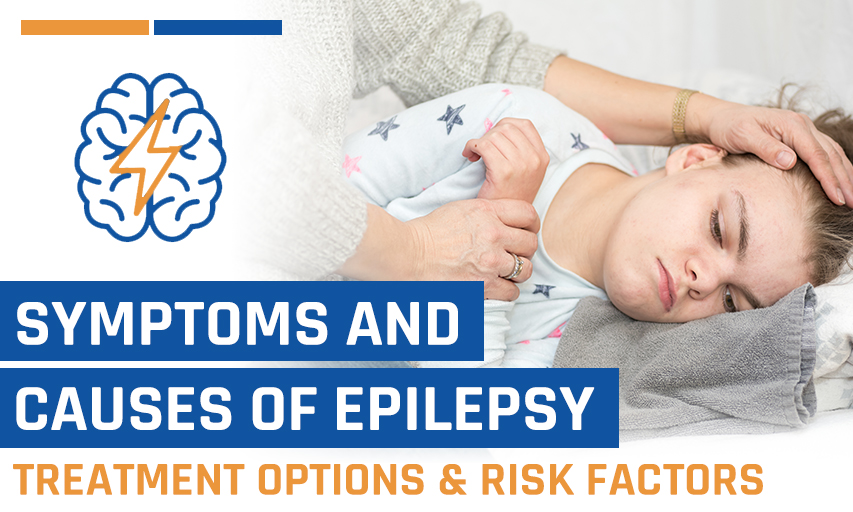
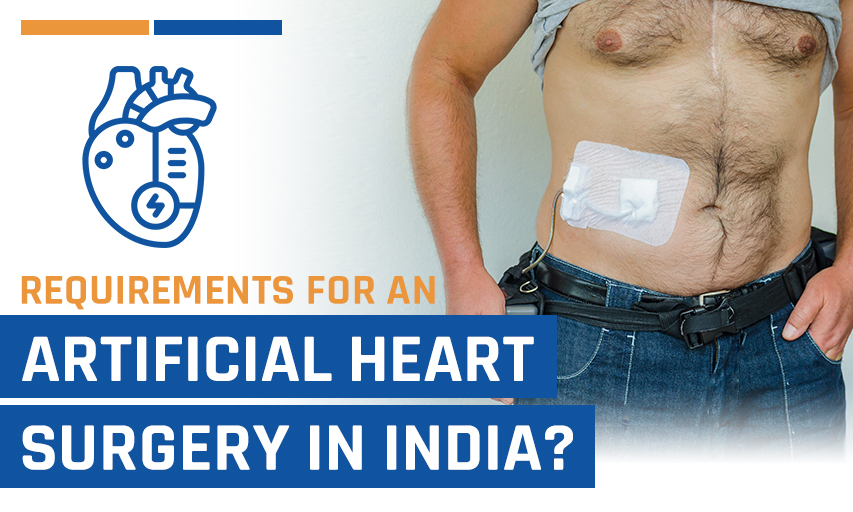
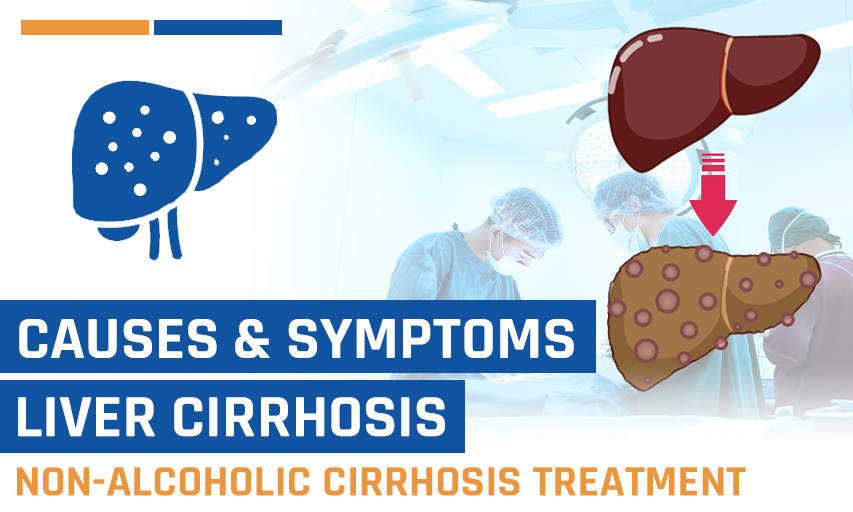



Be First To Comment
Leave a Comment